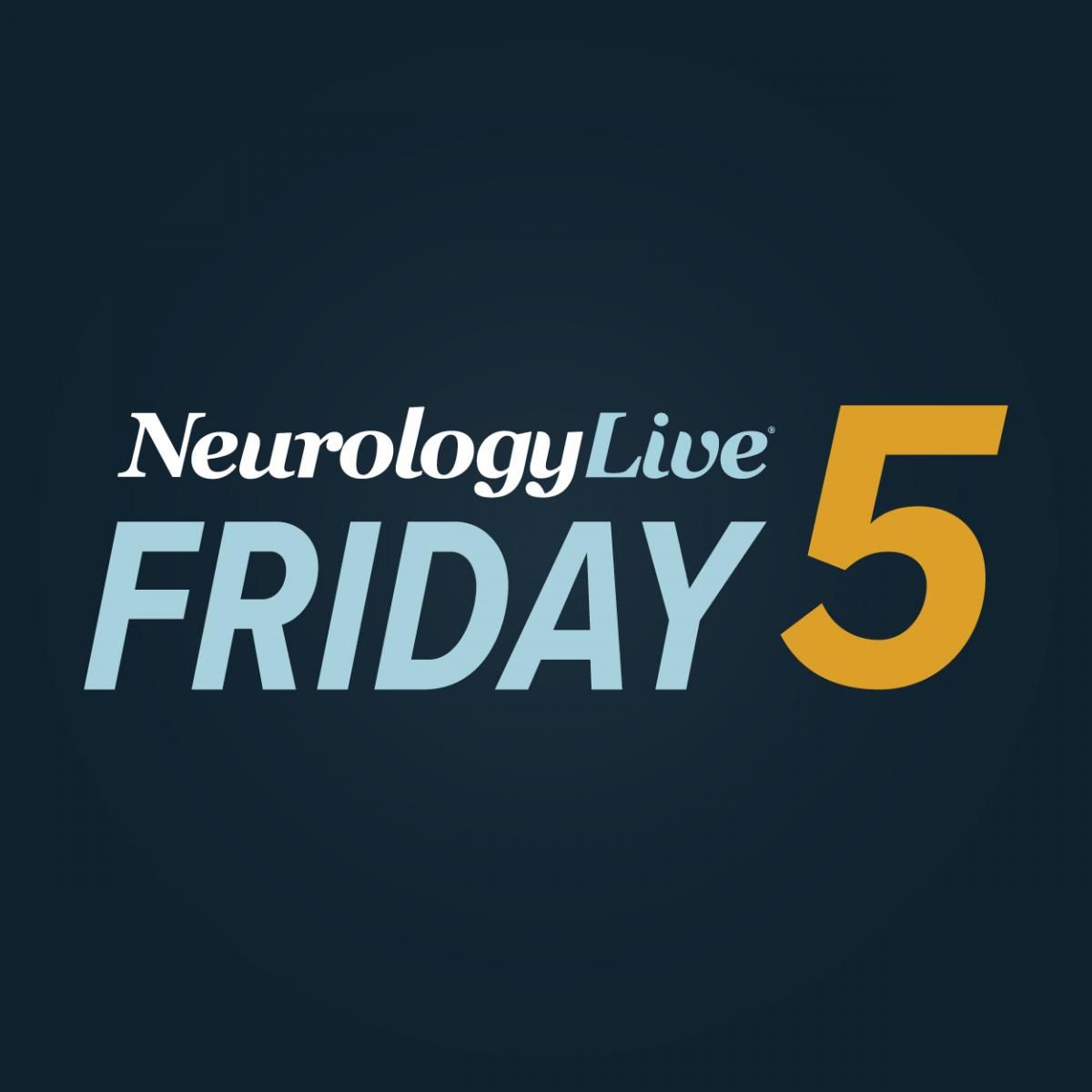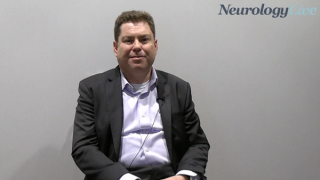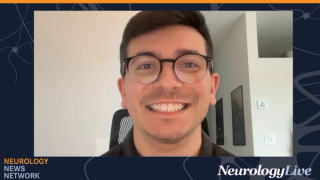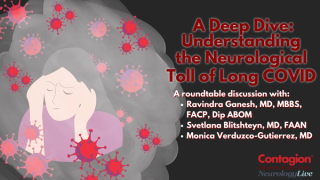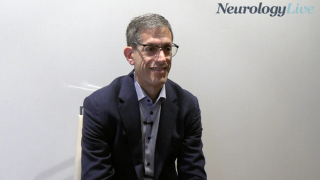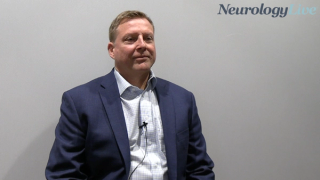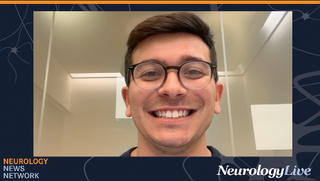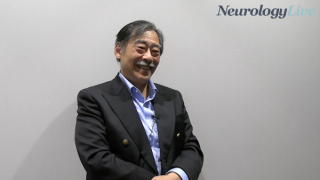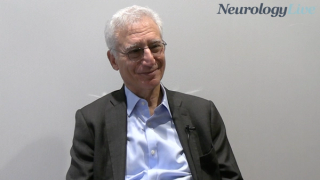
Dementia and Alzheimer Disease
Latest News
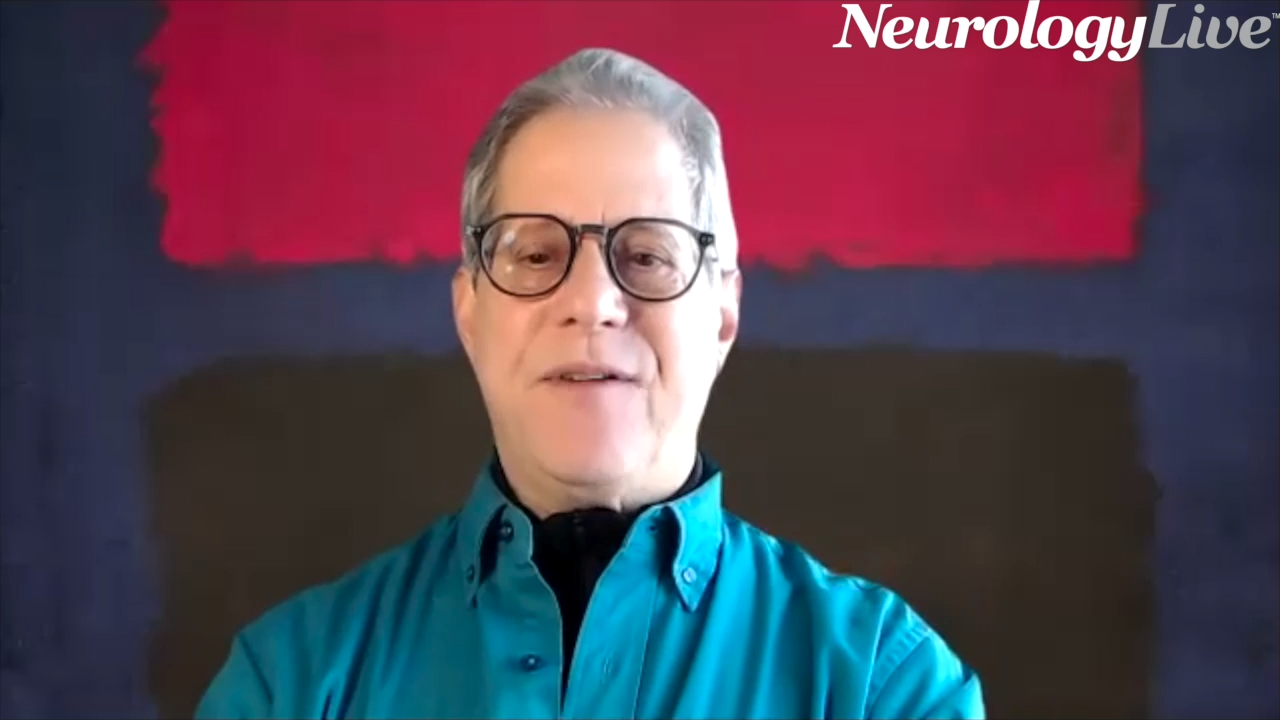
Feasibility and Scalability of Amprion’s Assay for Synucleinopathy Diagnosis: Russ Lebovitz, MD, PhD
Latest Videos

CME Content
More News

Here's some of what is coming soon to NeurologyLive® this week.
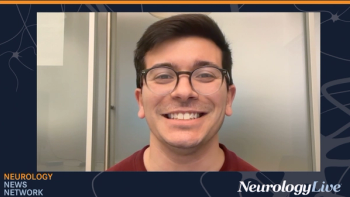
Neurology News Network. for the week ending January 18, 2025. [WATCH TIME: 4 minutes]

The company announced the completion of its phase 2 study assessing SPG601 in adult men with FXS, with topline findings expected to be reported by end of the first quarter in 2025.

The professor in the department of diagnostic radiology at City of Hope talked about using amyloid and tau PET imaging for diagnostic clarity in Alzheimer disease, particularly in complex and atypical patient presentations. [WATCH TIME: 10 minutes]
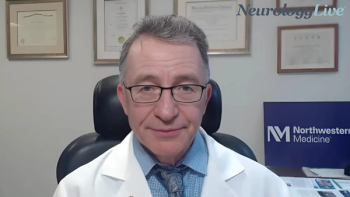
The chief of neuroinfectious diseases and global neurology at Northwestern Medicine discussed a recently published study that highlighted Long COVID’s significant clinical and societal impact. [WATCH TIME: 5 minutes]

In the pivotal phase 3 Clarity AD trial, treatment with a subcutaneous autoinjector of lecanemab led to reduced rates of amyloid-related imaging abnormalities while maintaining similar bioequivalence levels to the original formulation.
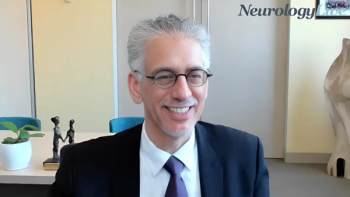
The founding director of the Optimal Aging Institute at the NYU Grossman School of Medicine talked about a recent study that estimated the lifetime risk of dementia and its implications for prevention, care, as well as societal planning. [WATCH TIME: 5 minutes]

Eligible participants are ambulatory adults aged 50 or older with mild cognitive impairment or mild Alzheimer disease, confirmed by clinical assessments and a positive amyloid PET scan, and who meet specific health and safety criteria.

Recent research investigated how HSV-1 infection affects tau phosphorylation through the cGAS-STING-TBK1 pathway, highlighting potential new therapeutic strategies for Alzheimer disease.

A duo of experts from NYU Grossman School of Medicine talked about a new study that identified deficiencies in acetyl-L-carnitine and free carnitine as potential blood biomarkers for Alzheimer disease. [WATCH TIME: 5 minutes]

Using a delayed-start analysis, treatment differences on outcomes of ADAS-Cog13 and ADCS-ADL continued to grow larger during weeks 144 and 192 of the open-label extension.

Here's some of what is coming soon to NeurologyLive® this week.

The professor in the department of diagnostic radiology at City of Hope discussed a newly updated published guideline for amyloid and tau PET imaging geared towards improving Alzheimer diagnosis. [WATCH TIME: 5 minutes]
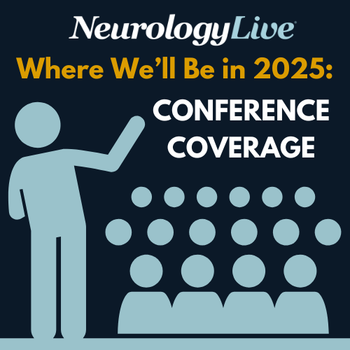
NeurologyLive® will provide in-depth coverage of conferences in 2025, highlighting advancements in diagnostics, treatments, and multidisciplinary care across multiple neurological conditions.

The SORT-IN-2 trial is a Phase 1b/2a proof-of-concept study evaluating the therapeutic potential of VES001, a novel oral treatment designed to target GRN mutations, which are the root cause of frontotemporal dementia.
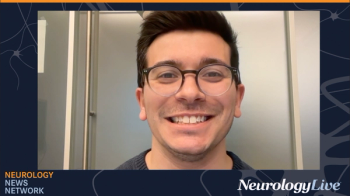
Neurology News Network. for the week ending January 11, 2025. [WATCH TIME: 4 minutes]

Mind Moments®, a podcast from NeurologyLive®, brings you an exclusive interview with Russell Lebovitz, MD, PhD. [LISTEN TIME: 22 minutes]

Masoud Toloue, chief executive officer at Quanterix, and Nicholas J. Ashton, PhD, senior director of the Banner Health Fluid Biomarker Program, discussed the Simoa technology required to test for p-tau217, the expanding understanding of this biomarker, and the next steps for advancing this research.

The primary audience for the new appropriate use criteria is dementia specialists who dedicate a substantial portion of their clinical practice to treating patients with cognitive concerns.

Posdinemab, a monoclonal antibody that targets the mid-domain of Alzheimer disease-specific phosphorylated tau, is currently being investigated in a placebo-controlled phase 2b trial that employs a plasma biomarker as a screening tool.

The revised protocol merges the 6-month symptomatic and 18-month disease-modifying studies into a single trial with a 6-month symptomatic readout and a 12-month disease-modifying evaluation.

In a recent analysis, BrainCheck Access showed a high degree of alignment with the Montreal Cognitive Assessment in differentiating normal cognition, mild cognitive impairment, and dementia.

The Delphi-MD platform is designed for nerve stimulation in diagnostic applications, offering clinicians a tool to support objective and personalized treatment approaches in brain health.

The ACCORD-2 trial demonstrated a significant reduction in overall worsening compared to placebo, while the ADVANCE-2 trial showed numerically greater improvements without reaching statistical significance.

Results from Vigil Neuroscience’s ongoing phase 1 trial of VG-3927 in healthy volunteers supported the continued development of the therapy as a potential once-daily oral treatment for Alzheimer disease.

